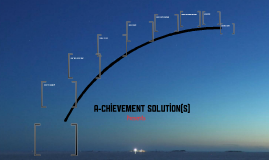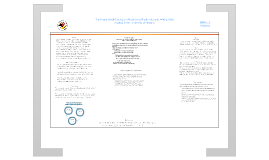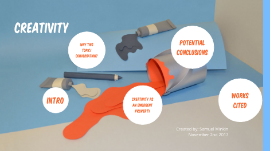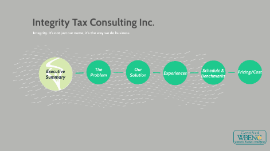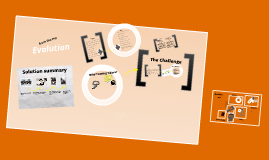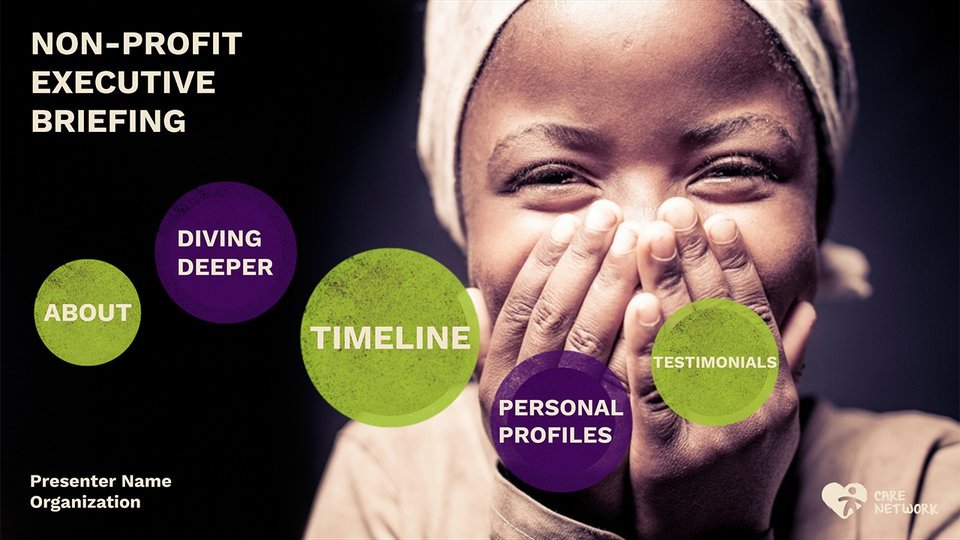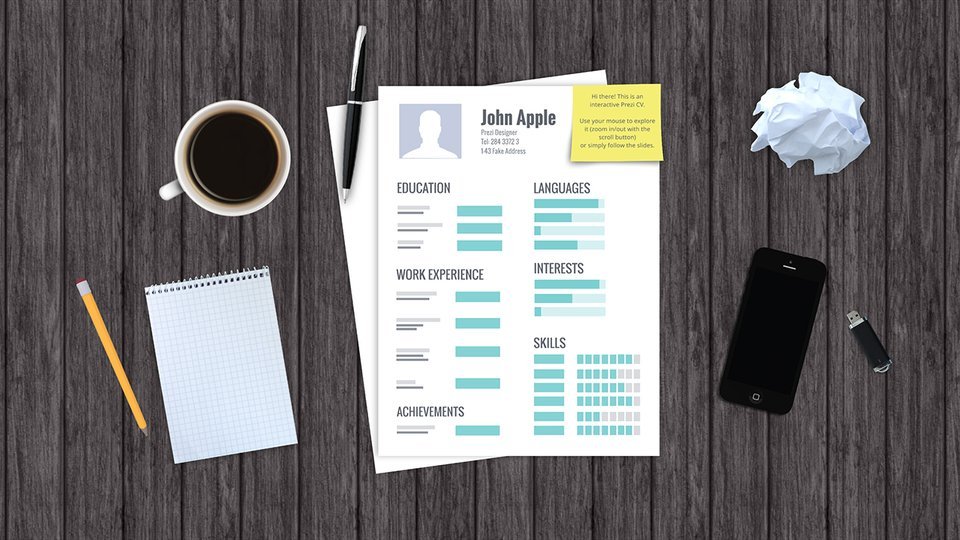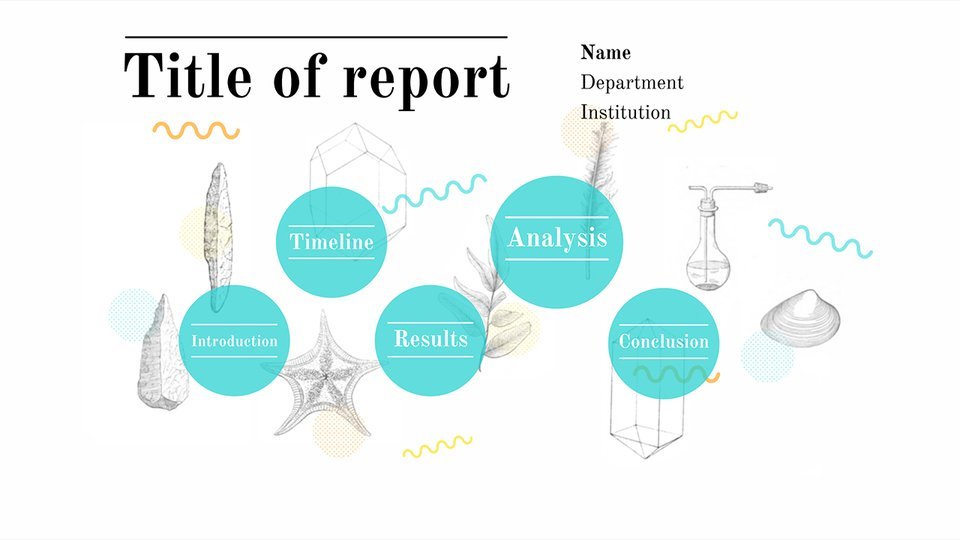Research Proposal Presentation
Transcript: Research problem Purpose of this study is determine the difference that Early Childhood programs have on students who attend them prior to kindergarten. Hypothesis An effective Early Childhood program does improve a child's academic, cognitive, and social skills prior to kindergarten and throughout their school life. Research questions 1. What educational and social benefits are there for a child who starts a school program earlier? 2. Are state social standards necessary for Early Childhood Programs Methodology This research is a quantitative study because it looks at the effect of Early Childhood Educations prior to kindergarten. The interviews in this study will be performed in either a focus group setting or personal setting. The interviews and questionnaires will include both open and closed ended questions. Sample participants A total of about 75-100 kindergarten students enrolled in the Tulsa surrounding area with one kindergarten class from three different public schools will participate in this study. Not only will the students be in the study but also their teachers, parents and school administrators will also be part of the study. Results and conclusion The results will show that Early Childhood Education does make a difference in a student prior to kindergarten. The results will hopefully prove that parents are involved in their child's education prior to kindergarten and during kindergarten. Future studies could include not only following the kids during kindergarten but also throughout their entire schooling to see how Early Childhood Education effects their schooling form kindergarten to 12th grade. References Blok, H., Fukkink, R.G., Gebhardt, E.C. (2005). The relevance of delivery mode and other program characteristics for the effectiveness of early childhood intervention. International Journal of Behavioral Development, 29(1), 35-48. Bowman, B. (2009). Early learning more accepted. Phi Delta Kappan, 91(1), 19. Hooks, L., Scott-Little., C., Marshall, B., Brown, G. (2006). Accountability for quality: One state’s in improving practice. Early Childhood Education Journal, 33(6), 1-6. Huges, J. (2010). Indentifying quality in Preschool Education Progress and challenge. National Association of School Psychologists, 39(1). 48-53. Kartal, H. (2007). Investments for future: Early childhood development and education. Educational Sciences: Theory & Practice, 7(1), 554-566. Louge, E. L. (2007). Early childhood learning standards: Tools for promoting social and academic success in kindergarten. National Association of Social Workers, 29(1), 35-43. Magnuson, K. A., Meyers, M. K., Ruhm, J. C, Waldfogel, J. (2004). Inequality in preschool education and school readiness. American Education Research Journal, 41(1), 115-157. Methodology This research is quantitative becase it talks about the effect that an Early Childhood Program can have on student prior to kindergarten.. This survey research will be done through interviews and questionnaire. the interveiews will be done either in a focus group or done personally. The interview and questionnaire will include both open and clsoed ended questions. References Huges, J. (2010). Indentifying quality in Preschool Education Progress and challenge. National Association of School Psychologists, 39(1). 48-53. Kartal, H. (2007). Investments for future: Early childhood development and education. Educational Sciences: Theory & Practice, 7(1), 554-566. Louge, E. L. (2007). Early childhood learning standards: Tools for promoting social and academic success in kindergarten. National Association of Social Workers, 29(1), 35-43. Magnuson, K. A., Meyers, M. K., Ruhm, J. C, Waldfogel, J. (2004). Inequality in preschool education and school readiness. American Education Research Journal, 41(1), 115-157.







